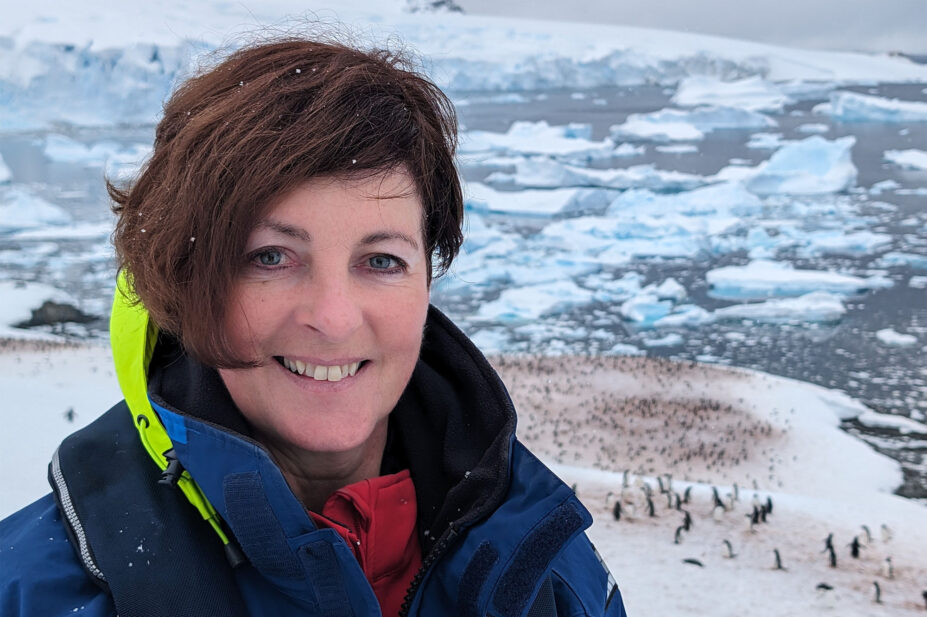
Sharon Pfleger
It was 3am. Slam, shudder, heave. This repeated at ten second intervals the whole night and all of the next day. I was in the middle of the Weddell Sea on a small expedition ship en route to the Antarctic Peninsula in the biggest seas the captain had ever seen, sailing the Southern Ocean. Huge, 24-foot waves were battering the ship. My cabin was near the front and I was certainly witnessing the effects of climate change. There were strange straps on the beds — now I knew why. It was difficult to stay on top of it and there was no chance of sleep.
The previous day, we had encountered an iceberg in a grey sea heading from Antarctica for South Georgia. This is yet more evidence of a warming climate and glaciers melting into the sea.
Three years previously, in 2020, I’d heard about the Homeward Bound programme for women working in science, technology, engineering, maths and medicine (or ‘STEMM’). It is a global leadership programme that selects women based on their potential to demonstrate a new model of more compassionate and collaborative leadership — creating better outcomes for the planet. It is a one-year online programme operating from Australia, which culminates in a three-week expedition to Antarctica to meet in person, consolidate all our learning and witness climate change up close.
I was lucky to be chosen for ‘cohort 6’ out of over 400 women from across the world, ranging in age from early 20s to early 60s at all career stages and from a range of professions, including astronomers, vets, engineers, marine biologists, glaciologists, quantum physics experts and moss specialists. I was proud to be the first ever pharmacist, the first public health specialist and the first ever NHS staff member to be selected.
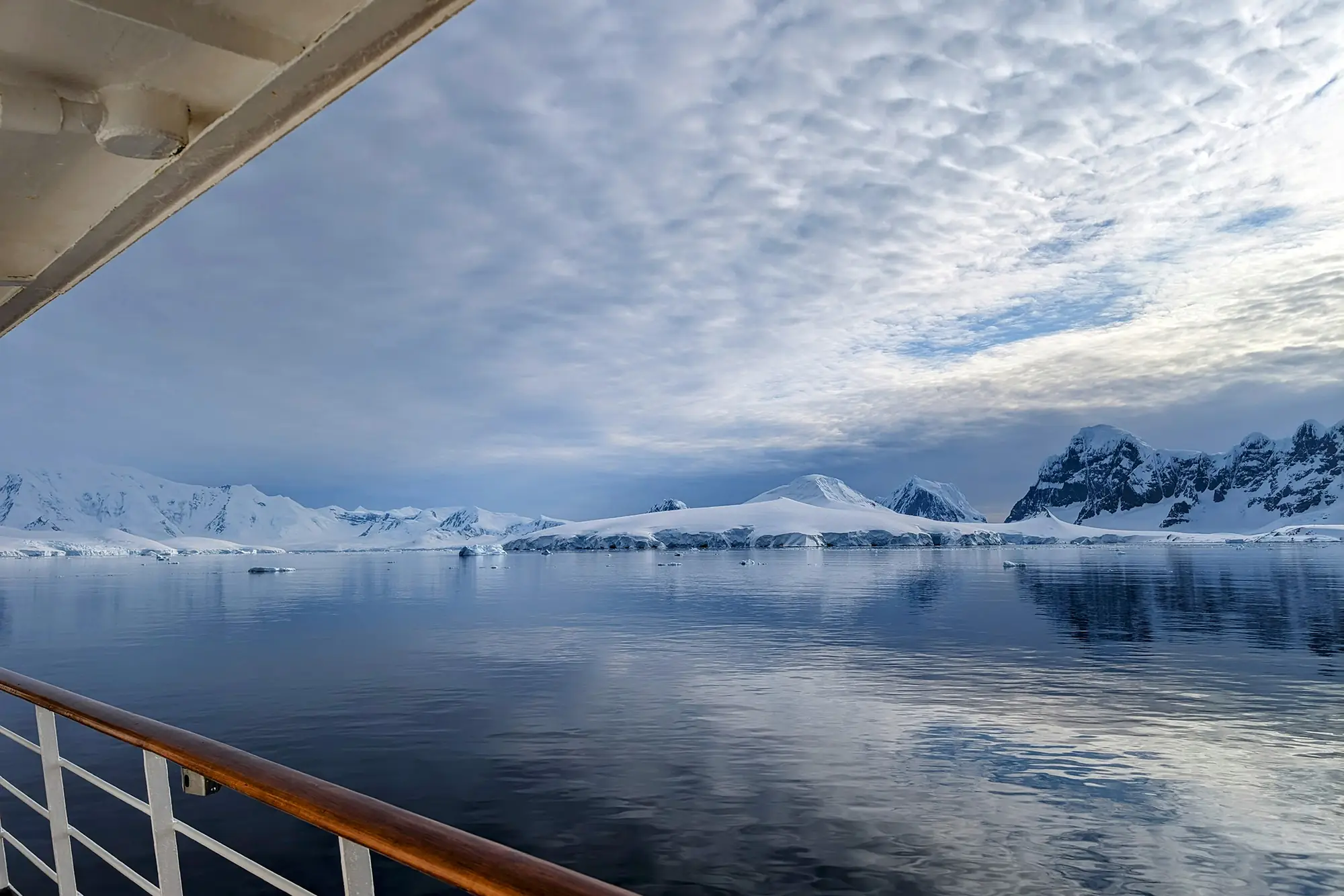
Sharon Pfleger
I started the programme in March 2021, just as I was working up to 70 hours per week leading the COVID-19 vaccination programme in the Scottish Highlands, the most geographically challenging health region in the UK. This region is as big as Belgium with mountains getting in the way and lots of islands, as well as heavy snowfall at the time, meaning that we had to use a snowplough to get the vaccines to where they needed to be.
The Homeward Bound programme required fortnightly two- to three-hour virtual learning sessions at midnight, covering climate science, leadership, visibility and strategy, along with deep dives into our values, personalities and ways of working — essentially dissecting oneself before building back better. Owing to the COVID-19 pandemic, the expedition was delayed twice. Third time lucky, we headed off in November 2023, excited at the prospect of meeting 100 new friends from across the globe in person.
Everything that we are doing, wherever we live, is showing up in Antarctica and this will come back to bite us
The slamming waves subsided two days later, and I woke to the snow-capped mountains of the Antarctic peninsula. It was a voyage of the senses. You might think that you’d see only blue seas and skies, and white land, but every colour was evident during our expedition, from almost black stormy ocean to purple and orange sunsets and sapphire blue icebergs.
On one evening, we were manoeuvring slowly through a narrow strait packed with sea ice, watching a spectacular sunset, when all that could be heard were the gentle blows of whales around the ship.
Our days were filled with classroom lessons and workshops, zodiac landings and networking time. Of course, the zodiac trips were the most popular activity — whizzing over the waves with penguins porpoising across our bow and getting close to nature where we saw several types of seals, penguins and lots of bird life.
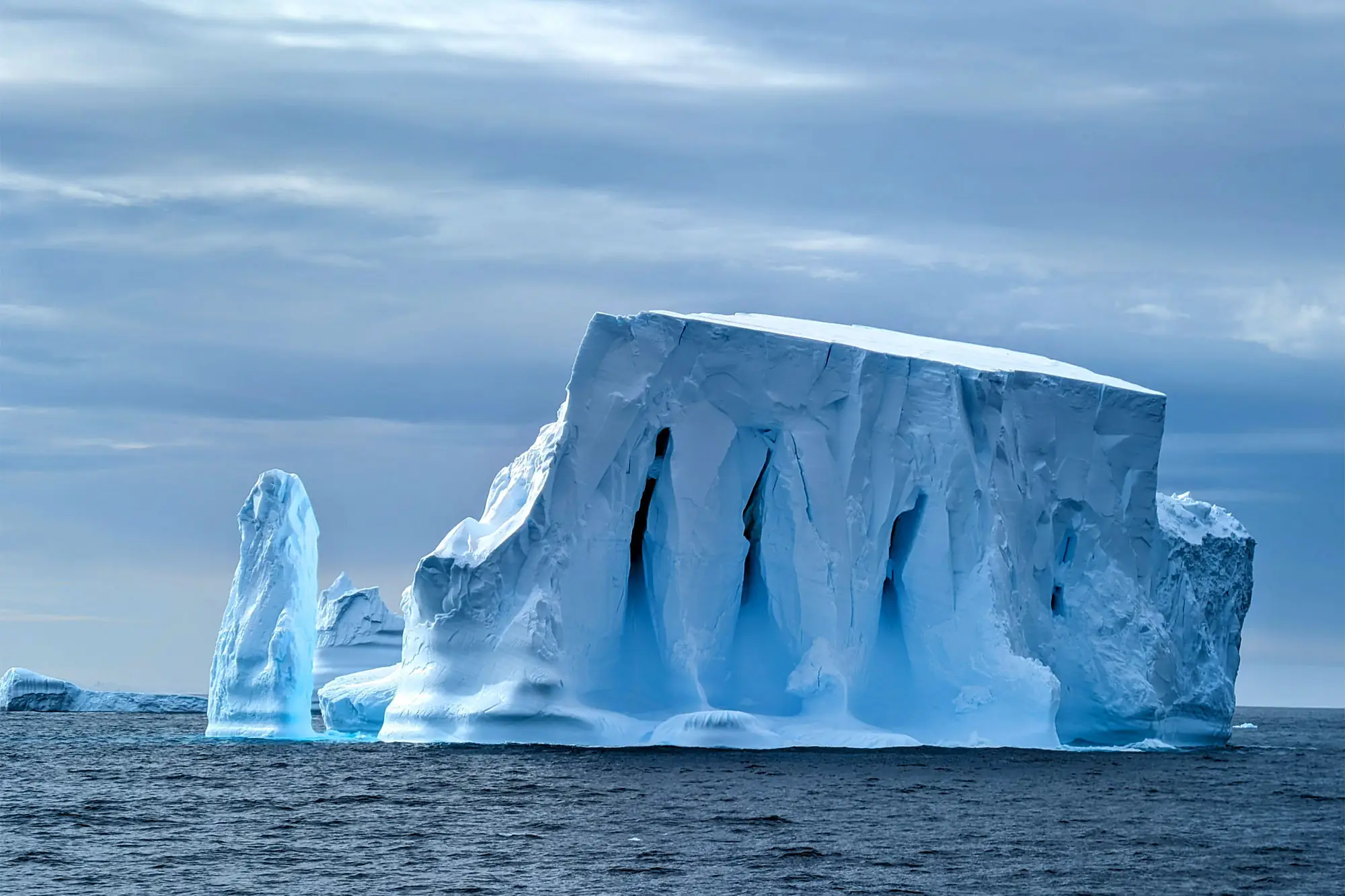
Sharon Pfleger
The stunning vistas made you realise that you were a tiny part of something much bigger. There was a tranquillity — far removed from the busyness of human civilisation — a silence that was worth really listening to and one that was broken only with ice cracking, glaciers calving and the animals going about their business uninterrupted.
Most of us had conflicted feelings about being in Antarctica and were very aware of the privilege of being in such a powerful place. One minute you were in a world of awe and the next you delved into despair at the sight of the damage that was clearly visible.
Everything that we are doing, wherever we live, is showing up in Antarctica and this will come back to bite us — whether that is rising sea levels (by 15 metres if the Antarctic peninsula melts and 60 metres if West Antarctica melts) or fragile weather patterns.
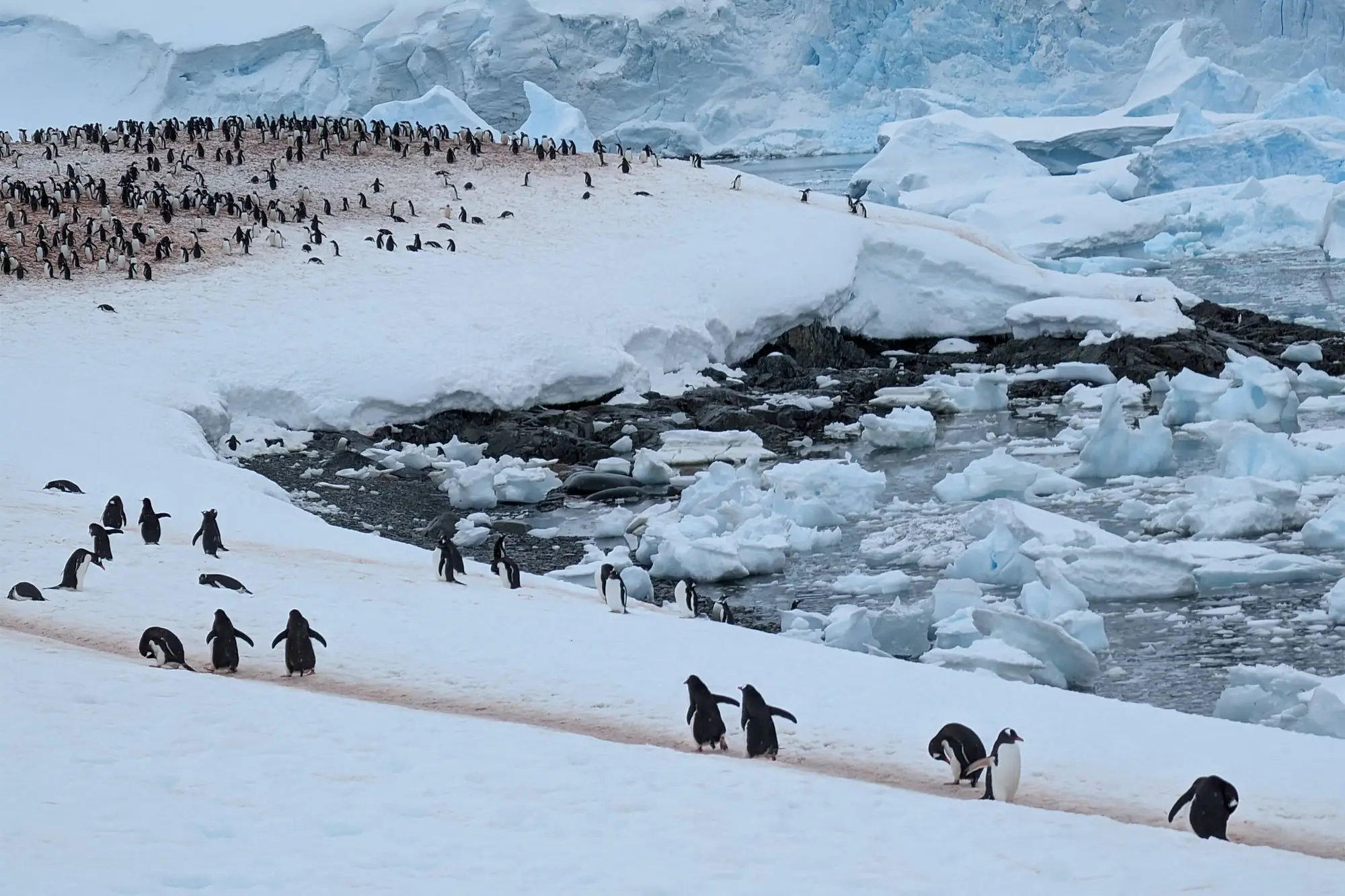
Sharon Pfleger
My resounding takeaway message was that all life is connected, every action we take has an impact on something somewhere, and we must work tirelessly for long-term sustainability in our personal and work lives if we are to keep our planet going for future generations. The way out of the mess of climate change is science based, but it’s also about asking challenging questions and making tough decisions — doing what we have always done will not work.
As pharmacists, we need to play our part as we know that the medicines we use are having an impact on the planet in terms of sizeable carbon emissions driving global warming and environmental pollution affecting biodiversity and our food chain. Whatever our role and grade, we can all commit to act and lead the way for more sustainable medicines use. What will you do?
I am guest-editing a special themed edition of the International Journal of Pharmacy Practice — ‘The climate, nature and pollution crises: how more sustainable medicines use can make a difference’ — which will be published in 2025 and will demonstrate how some colleagues are already leading the way.
1 comment
You must be logged in to post a comment.
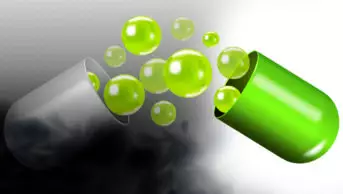
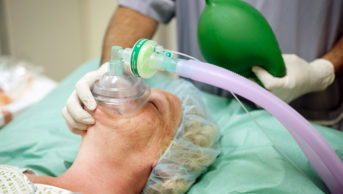

What an incredible achievement by Sharon and what an interesting, fascinating account of her programme from start to finish. The photos are fantastic, the experience will last a lifetime and the 'take home' message is clear. Congratulations to Sharon and wishing her ongoing success in IJPP.